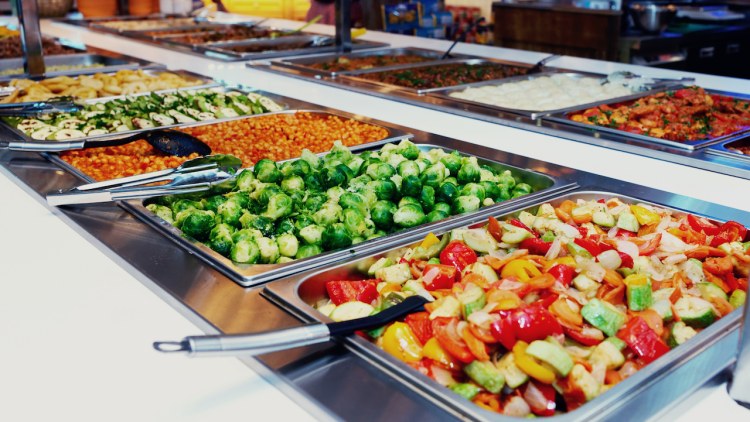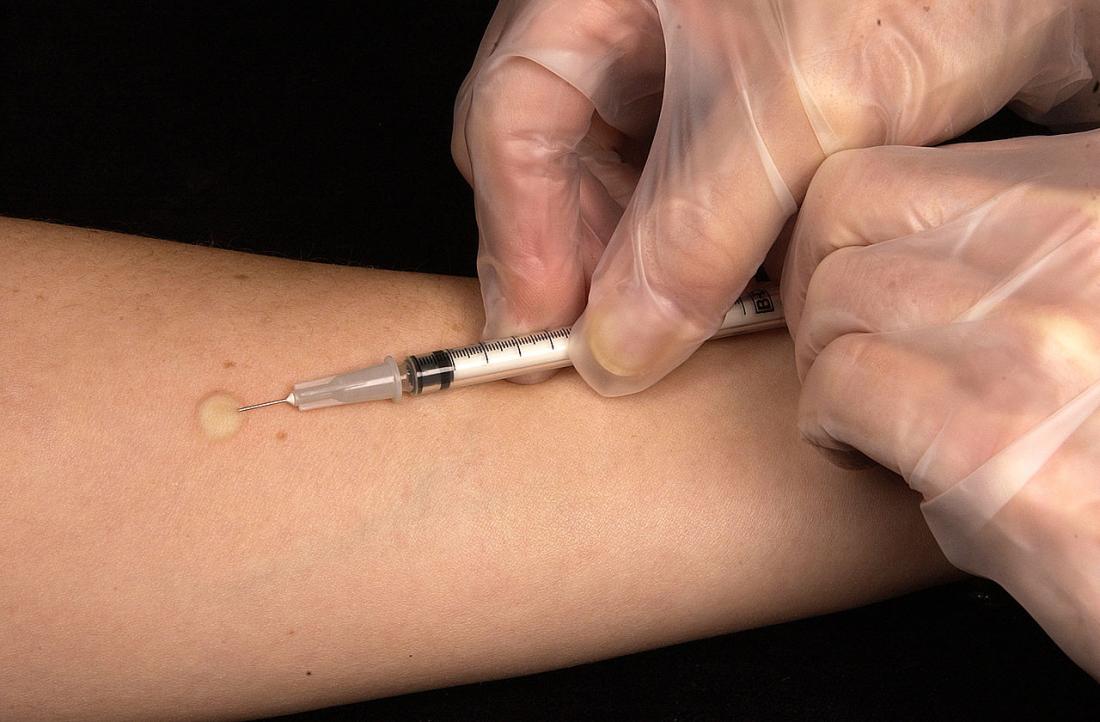Eating healthy: what does that really mean? How is healthy eating different from unhealthy eating? Unfortunately, these questions are the least of college students’ worries as they juggle classes, clubs, and jobs. Adding to that is the stress of transitioning to a new lifestyle where food choices are greatly dependent on your own initiative. With this we see things like the Freshman 15, a good example of an effect unhealthy food choices can have coupled with other unhealthy practices such as a lack of exercise. All too often, it is the more convenient options that students opt for instead of taking the time to consider their daily nutritional needs. Irregular eating schedules compound the problem. We hear breakfast is important, but why do students who are late for classes so often skip them in the morning? Other priorities may take precedence, but by making some time, it might be easier than you think to eat healthy.
It is not difficult to understand how physical activity might be easier to integrate into the lifestyle of a college student than healthy eating. It is possible to join sports, hit the gym, or organize an evening run around campus with friends if a student unexpectedly finds time in his or her schedule. But as for obtaining nutritional food, there are few enticing options other than dorm food or fast food. There is no time to buy and prepare fresh food for dorm students, and there is often no access to a kitchen most of the time.
Still, while exercise is extremely important for a healthy body and mind, it goes hand in hand with nutrition. A common perception touted by fitness magazines and the weight loss industry is to measure healthy eating by the amount of weight loss or gain. Although excessive weight gain can definitely be a sign of bad eating habits, healthy eating cannot be quantified by the number on your bathroom scale alone. It is rather a conscious balance of getting the proper amounts of fruits, vegetables, and dairy as well as the carbohydrates and fats. It is about getting fresh food and avoiding heavily processed ones, about obtaining food items that contain necessary vitamins and nutrients. Usually it is best to try a whole variety of foods. Don’t forget that what you drink is just as important as what you eat! Why not substitute the soda for water or juice. While taking in the good, it is also good to cut down on the bad.
Universities have many resources that can help students incorporate healthy eating habits into their lives. Find a local farmer’s market and stock up on fresh produce. Buy healthy snacks and avoid the temptation of the unhealthy ones. Seek out restaurants or food joints that serve fresher and healthier options. Prepare your own food when time permits. Get regular appointments with your doctor to discuss your health and any deficiencies. It definitely requires added effort on our part to practice healthy eating, but the benefits of a healthy body will be immense in the long run.
Article by Annie Joseph
Feature Image Source: College Candy
























